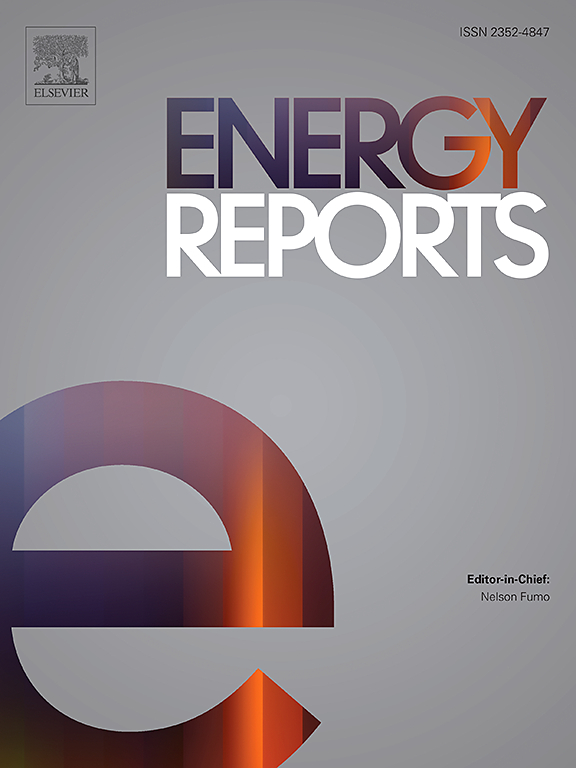A novel adaptive controller for one-stage PV power plants considering PLL dynamic performance
IF 4.7
3区 工程技术
Q2 ENERGY & FUELS
引用次数: 0
Abstract
The ongoing transition from power systems dominated by synchronous machines to systems based on renewable energy sources (RES) is pushing a change from conventional robust power systems towards weak low-inertia systems. Stability problems can manifest in several ways in these systems. Problems such as small-signal, voltage, and converter-driven instability are more likely to arise in weak networks. Recent experience has shown that the phase-lock-loop (PLL) control loop is among the key instability drivers in RES power plants. Moreover, the dynamic performance of RES and their interaction with the grid during faults strongly depend on system strength at the connection point and the control strategy implemented. In this context, this paper contributes by proposing a novel adaptive controller that considers the dynamic performance of the PLL and the level of network strength, along with a methodology for systematically tuning its control parameters. The controller is specially designed for photovoltaic (PV) power plants to ensure that these units can successfully ride through grid faults even when connected to weak networks. The stability of the system under all operating conditions is achieved by considering the level of network strength endogenously in the tuning process. The proposed Control and methodology are validated through transient simulations using the 9-bus IEEE test system.
求助全文
约1分钟内获得全文
求助全文
来源期刊

Energy Reports
Energy-General Energy
CiteScore
8.20
自引率
13.50%
发文量
2608
审稿时长
38 days
期刊介绍:
Energy Reports is a new online multidisciplinary open access journal which focuses on publishing new research in the area of Energy with a rapid review and publication time. Energy Reports will be open to direct submissions and also to submissions from other Elsevier Energy journals, whose Editors have determined that Energy Reports would be a better fit.
 求助内容:
求助内容: 应助结果提醒方式:
应助结果提醒方式:


